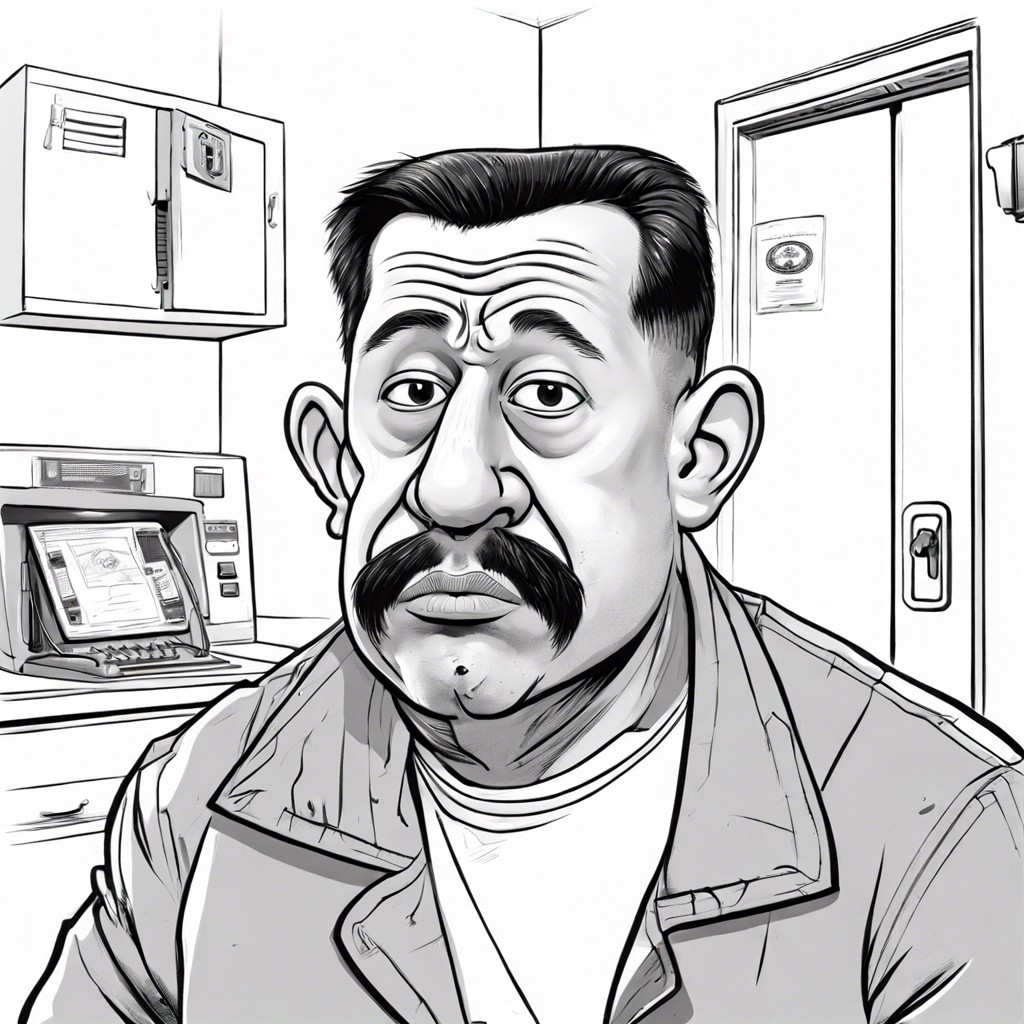If an estate can’t cover its tax bill, you need to know how the IRS handles it and what options are available to settle the debt.
What happens when an estate can’t pony up the tax dough and the IRS comes knocking? It’s not something out of a horror movie, but it can feel like a cliffhanger novel. Fear not! This guide dives into the nitty-gritty of insolvent estates, the good, the bad, and the downright tricky parts. From who shoulders the burden to possible tax deferral magic, and what doors slam shut if payments go MIA, we break it all down. We’ve got you covered with every detail, legal loophole, and potential relief. Ready to navigate this treacherous terrain? Let’s go!
Key takeaways:
- Insolvent Estate: Creditors first, then heirs, little left usually.
- Executors and Heirs: Executors in charge, heirs may inherit debts.
- Tax Deferral: Extension, installments, special valuation, state programs possible.
- Non-Payment Consequences: Interest, penalties, liens, asset selling, personal liability.
- Legal Options: Installment plans, reasonable cause, QFOBI deduction available.
Understanding Insolvent Estates

When an estate’s debts surpass its assets, we’ve got ourselves an insolvent estate. It’s like inheriting a haunted mansion: looks promising, but there’s trouble lurking. Here’s what you need to know:
First, creditors line up like it’s Black Friday, keen to grab what they’re owed. The estate’s assets, whether they’re dusty heirlooms or a questionable Beanie Baby collection, are liquidated to pay off debts.
Next, priorities matter. Funeral expenses and administrative costs get first dibs. Uncle Bob’s ancient wine collection sold to cover accountant fees? You bet.
Then come secured debts. Think mortgages and car loans. They’re like VIP pass holders at a concert; they get front row seats.
If there’s anything left, unsecured creditors, like those pesky credit card companies, get their share. Spoiler alert: there usually isn’t much left.
And finally, if the debt still outweighs the leftovers, heirs might get… well, not much. So, while that family heirloom you’re dreaming of might be up for grabs, Papa’s collection of IOUs might be all you unbox.
Responsibility of Heirs and Executors
Heirs and executors have important roles when an estate encounters tax trouble. First off, the executor is the primary point person. They are responsible for managing the estate’s assets, paying off debts, and figuring out how to handle those pesky taxes. Think of the executor as the estate’s financial superhero, albeit without the cape.
Heirs, on the other hand, could find themselves in a bit of a pickle. They might expect a windfall but could end up having to deal with debts instead. The good news? Heirs generally don’t have to pay the deceased’s taxes out of their pockets. The bad news? Their inheritance could be significantly reduced or even evaporate if the estate can’t cover its tax obligations.
Communication is key. Executors should keep heirs informed about the estate’s financial health. Both parties should be prepared for delays, as settling an insolvent estate can be a long process. Executors may even need legal advice to navigate this complex terrain, so calling in a professional might be wise.
In short, while heirs can kick up their feet a bit, executors better put on their thinking caps.
Possible Tax Deferral Options
Sometimes, time is on your side even in an unfortunate financial mess like this. Exploring tax deferral options can make things less stressful. For starters, the IRS might allow for an extension to pay the estate tax if your estate lacks liquidity—basically, if all the assets are tied up in non-cash forms like real estate or a trust fund under Grandma’s mattress.
Then there’s the option to defer estate taxes by paying in installments. Yes, Uncle Sam might generously allow you to pay over a span of up to ten years. It’s almost like having a mortgage, but without the joy of owning a home. This often applies to closely held businesses passed down.
Another route is the special use valuation, which basically means valuing farming or business property based on how it’s actually used, rather than its potential on the open market. Also known as the “farmer’s best friend.”
Lastly, check if there are any state-specific deferral programs. States can be surprisingly sympathetic; yes, including New Jersey. Simply cast your net wide and see what’s allowed.
Consequences of Non-Payment
Uncle Sam isn’t known for his patience. If an estate can’t settle its tax bill, there are some gnarly consequences. First up, expect interest to pile up faster than laundry on a teenager’s floor. The IRS has no qualms about slapping on penalties, too.
But wait, there’s more! Liens can emerge like unwanted pop-up ads on your computer screen. This means Uncle Sam could claim a piece of the estate’s property until the debt is squared away. It’s like a mole that just won’t stay whacked.
If the situation gets really dire, the IRS might start selling estate assets to cover the dues. Yup, imagining Granny’s vintage sofa on auction isn’t pretty. Executors and heirs can also face personal liability if they mishandled things. Talk about a heavy burden!
Legal Alternatives and Reliefs
In dealing with estate taxes, there are a few legal backdoors that can provide some breathing room. First off, installment payment plans can be a lifesaver. Instead of coughing up a lump sum, the estate can pay the taxes in smaller, more manageable amounts over time.
Then there’s the “reasonable cause” exception. If the executor can prove that the estate’s financial hardships were unavoidable and not due to neglect, penalties might be waived. It’s like pleading for mercy, but in a more sophisticated, paperwork-heavy fashion.
And let’s not forget about the Qualified Family-Owned Business Interest (QFOBI) deduction. If the estate involves a family business meeting certain criteria, a significant portion of its value can be deducted, reducing the taxable amount like magic.
In the end, a good tax attorney or accountant can guide you through these options. Because, let’s face it, who has time to become a tax expert when there’s mourning to do?




